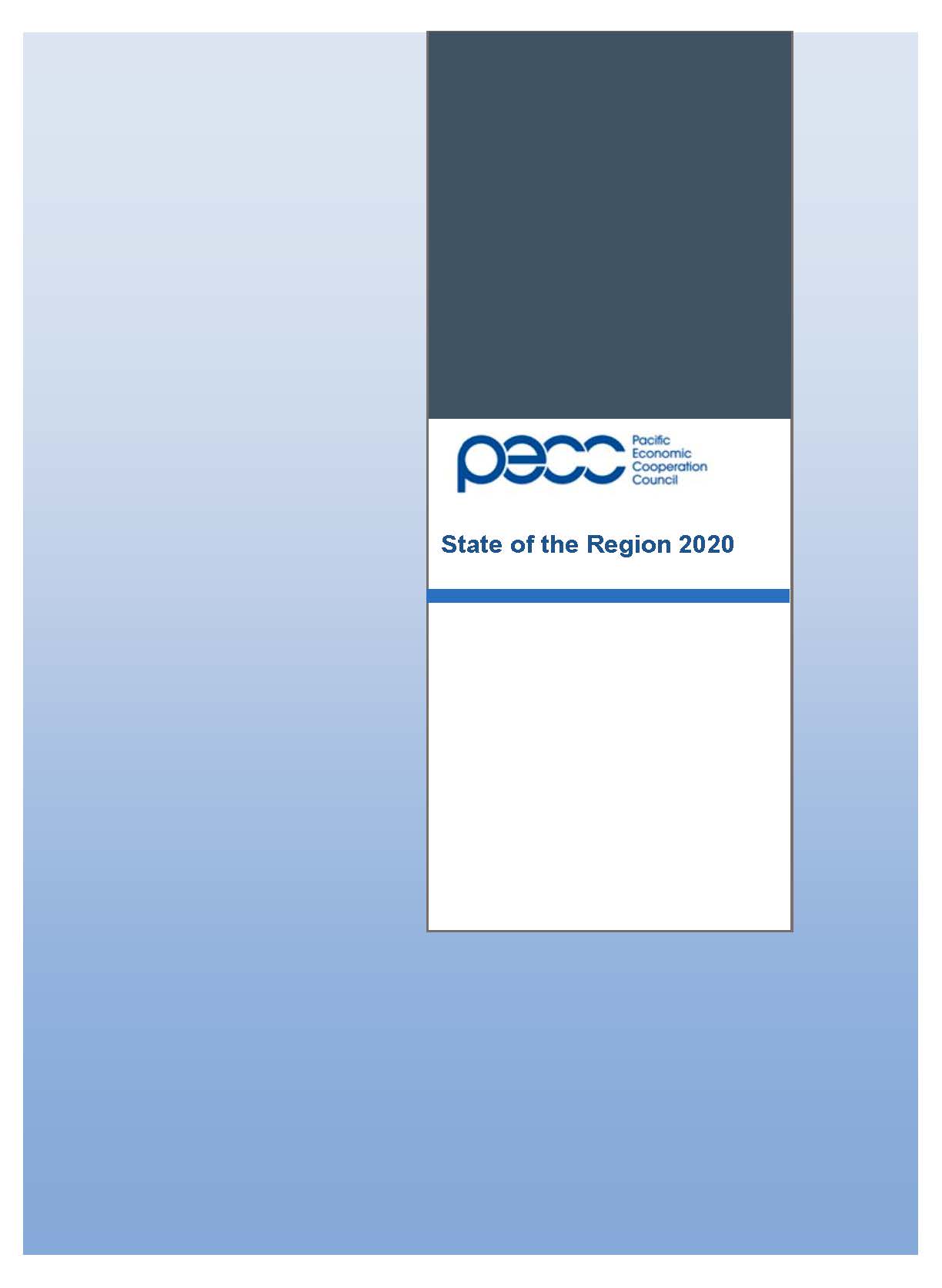
The economic outlook for the Asia-Pacific has improved somewhat in recent months, but recovery will be uneven and fragile as the global pandemic has deepened in some places. Asia-Pacific economies are expected to shrink by about 3.1 percent in 2020 – less than the 4.7 percent contraction forecast in July’s State of the Region Report: Impact of the Covid-19 Crisis. Growth of 5 percent is now expected next year. Growth in the Asia-Pacific is then expected to decline towards 3.5% in subsequent years.
The reasons for the improved 2020 picture are China’s return to growth (it reported 4.9 percent expansion for the third quarter) and the less severe-than-expected downturns in several advanced economies. However, achieving significant and sustainable gains is contingent on reduced global volatility and on multilateral cooperation – which has been sorely lacking - to contain the global pandemic.
While the regional economy is coming out of the depths it fell to in the first half of 2020, the cost of the pandemic in terms of lives, sickness, livelihoods, and businesses is huge. Complicating matters, the Covid-19 crisis hit at a time the region was already facing an array of challenges. Among those spelled out last year in PECC’s task force report on a post-2020 vision for the region were:
• Urgent questions about the quality and sustainability of economic growth;
• Growing concerns about increasing inequalities in income and wealth distribution;
• Existential challenges of environmental sustainability and climate change; and
• Rapid technological change with the potential to both contribute to an acceleration of the spread of prosperity, but also to intensify social strains and tendencies toward fragmentation
These challenges have led to growing skepticism in some sections of Asia-Pacific societies toward the value of openness and interconnectedness. That undermines political support for regional economic cooperation, which in turn has complicated joint efforts to tackle Covid-19. This update will address some related concerns in dealing with the crisis as well as medium to longer-term issues. This agenda for cooperation includes restoring a sense of confidence in the future, that involves responding to the issues that had already beset the region before Covid-19 upended the world.
For a quarter of a century, regional economic integration and indeed growth have been driven by the vision set by APEC leaders when they first met in Blake Island in 1993 and then in Bogor in 1994 and agreed to pursue the goal of: “free and open trade and investment in the Asia-Pacific no later than the year 2020.”
Such a vision is once again required against a background of fragile relationships and tenuous commitments to multilateral principles. The gains that the region has made in the pursuit of this vision have been impressive, average incomes rose from USD 10,258 in 1990 to USD 22,000 in 2017. In 1990, the highest per capita GDP in the region was more than 58 times the lowest; by 2017, this was down to 22 times.
